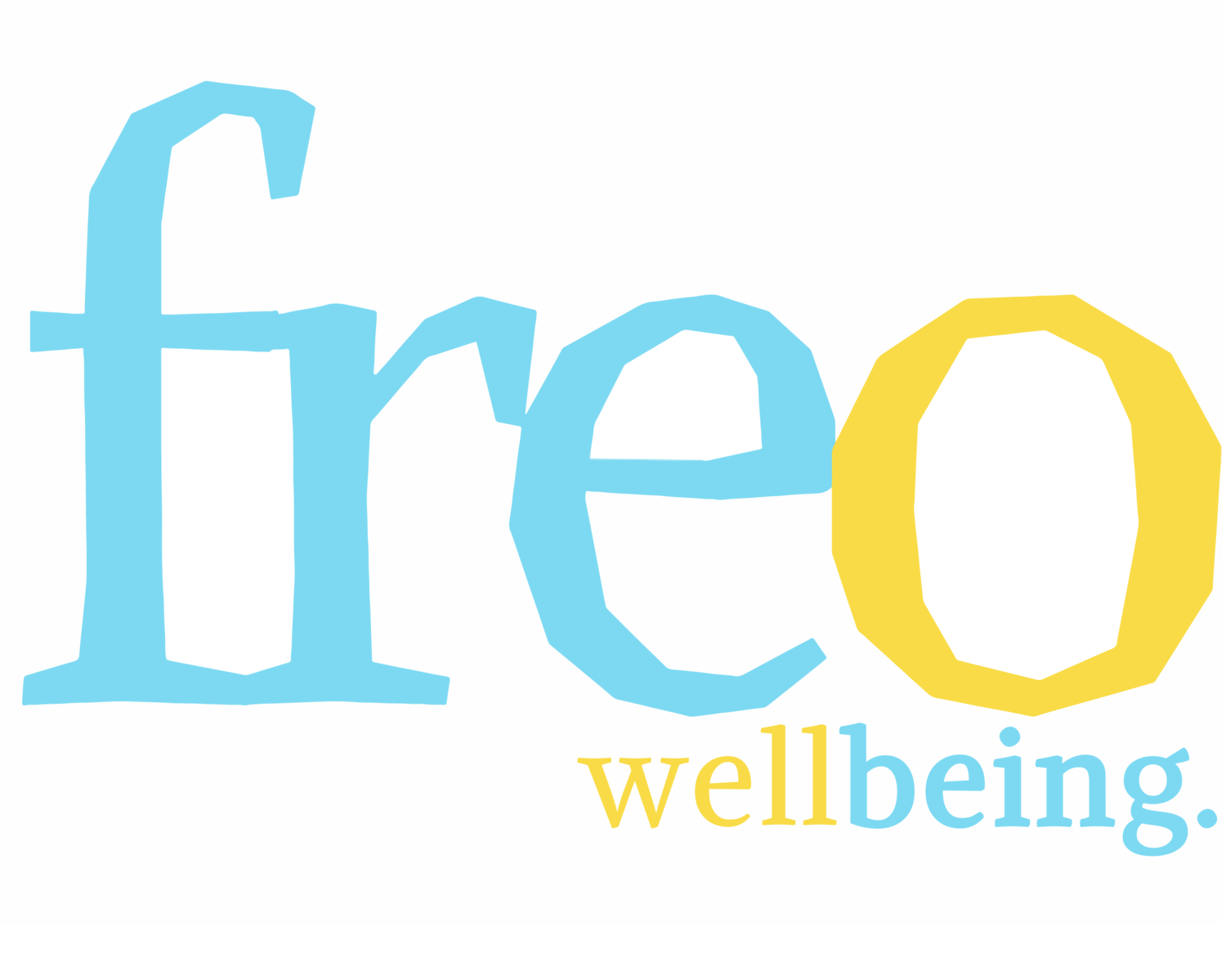Managing information overload in Covid times
We are quite sure that most people must be tired of constant news headings bearing mostly dire, anxiety-provoking news, especially about Covid 19. It’s quite amazing that prior to December 2019, we hadn’t heard of or guessed that this Pandemic would sweep the world and affect our lives in such a major way.
This has been an incredibly distressing period. Not everyone has had the illness, or lost a loved on to the virus, but we have all almost certainly been affected by the anxiety that has come from the daily news updates: deaths, hospital admissions, tougher regulations, lockdowns, restrictions, new variants, vaccine anxieties and cases falling— or climbing higher.
While some of the news you are accessing comes from official, authentic Government circles, a lot can also come from social media networks and other news avenues. On occasion, news coming from alternative sources have been less than factual, and many different interpretations can be read from all the different sources.
The result is a group of very stressed and anxious people. Already added in the mix, is all the challenges that have come with the Covid-19 pandemic, like business closures, loss of income, wearing masks as a normal, loss of education time, and not seeing families and friends. Social isolation and the loss of ability to exercise properly has taken a huge toll on all of us.
How can we reduce anxiety-provoking information overload?
The answers below are divided into 3 parts: Good Foundation; Level One and Level Two.
Good Foundation:
Engage in daily meditation and mindfulness : This will help you reset your brain’s thinking daily so that you can start each day from a foundation of relaxation
Eat good foods and take healthy drinks that help your brain and body to relax, function and detox: These include Camomile and mint herbal teas which are also very helpful for helping the body to calm down.
If possible stop / reduce alcohol (Alcohol reduces the nutrients in our bodies and interacts with food supplements), stop / reduce smoking and stop / reduce caffeine intake (This can be found in coffee, tea and cola drinks). Nicotine is said to lower your levels of vitamin B12, folic acid and increase your need for vitamin C.
Have a daily good night’s sleep. The average sleep needed by most Adults is 7-8 hours and for teenagers it’s 8-9. Sleep is important for the body to rest and recover from the day’s stresses. The body organs also need to rest and recover.
Exercise, even as little as 10-20 minutes daily is good for de-stressing. You don’t have to go to a gym (though that is great if you can). As long as you’re walking, moving about, stretching and active then that should help
Level One:
Choose where you get your information carefully. The government sources are usually weekly or more evened out and they give researched, accurate (or near accurate) information.
Avoid hunting for or feeding on various social media with differing opinions, suggestions, predictions etc
Associate with positive, like minded people who are not sensationalist or rumour mongers.
When you get information, make sure you cross check to confirm it’s accurate and factual.
Fill your mind with positive thoughts, gratitude, new exciting possibilities etc
Empty your mind of negative thoughts and anxiety provoking issues as soon as you get them. Don’t dwell on those thoughts. Remember that many of these negative suggestions may never happen.
One Step at a time. Deal with issues as they occur.
Level Two:
As much as is possible, keep to the Government Covid guidelines once you know them.
Find positive ways of getting on and enjoying the situation, whatever it is. There’s a silver lining under every cloud.
Written by Dr. Isioma Nwokolo
